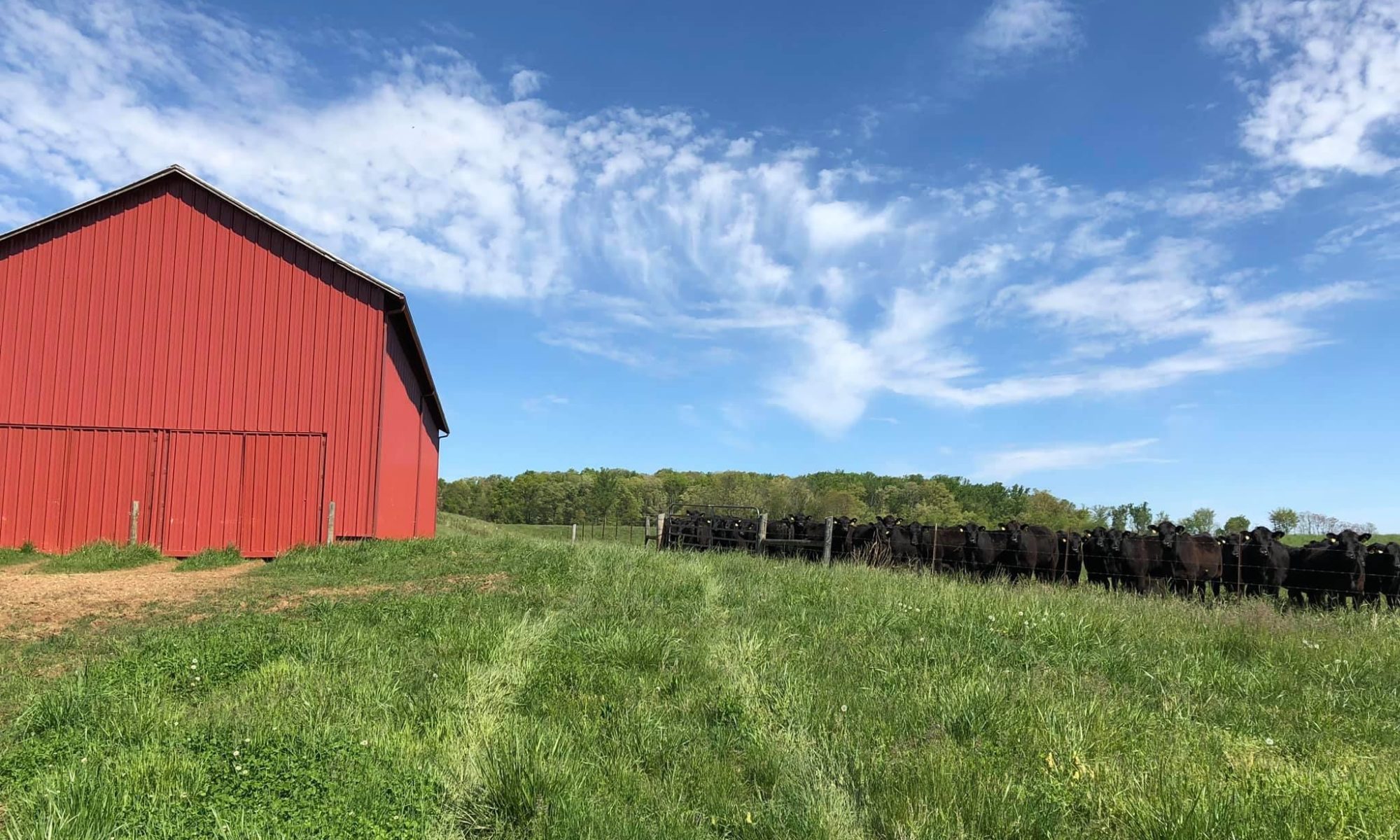

Dr. Justin Rhinehart
Professor and Extension Beef Cattle Specialist
Department of Animal Science
P: 931-486-2129
The old truism goes “there’s no such thing as a free lunch.” That is certainly true, but the thing that makes it true is that the cost of producing something does not depend on what the end user or current owner paid for it. In other words, even the things we get for “free” had a cost associated with producing and/or maintaining them…even if we can’t easily identify the cost. It could also be said that there is no such thing as an instant product. Similar to the free lunch adage, anything I perceive as happening instantly has required a series of events leading up to it; I simply have not been personally involved with those events so the outcome appears to be instantaneous from my perspective.
I remember my grandparents drinking instant coffee when I was growing up. Mamaw would heat water in an old coffee percolator, pour the water into a small white coffee cup sitting in a yellow saucer, add a couple spoonfuls of “instant” coffee, and set it on the table. My Papaw would pour a little bit of the coffee into the saucer so it would cool quickly, and then drink it out of the saucer. That memory came to mind the other day and, for some strange reason, I started wondering how instant coffee is actually made.
After a few minutes of rummaging around the Internet, I realized that instant coffee actually takes much more total time and effort to make than the coffee we brew at home. It is brewed at the factory, boiled down to thick paste, frozen, ground, then freeze-dried into the product you purchase as (nearly) instant coffee. Even though the fact that a product cannot appear instantaneously seems obvious and we accept the marketing label, it might be worth considering the literal meaning of “instant” when we make decisions about how to manage a cow herd.
For instance, you could draw a comparison of making the decision between buying normal versus instant coffee and the decision between whether to retain replacement heifers or purchase bred replacement heifers. In the same way you might decide to pay a little extra for the speed convenience of making an instant cup of coffee, you might decide to pay a little extra for a heifer that is already safe in calf. The more convenient option is even less expensive in many cases, especially when you consider your own time as part of the value you invest in it.
Yet another comparison can be made relative to advancing the genetics of your herd. This can be done through selection (similar to brewing your own coffee) or purchasing genetics someone else advanced with their work and knowledge (similar to making a cup of instant coffee). Either can be a good choice depending on weather you need to move quickly and prefer the convenience, or if you need to fit the genetics to a unique marketing objective or prefer savoring the process of doing it your way.
I have heard of people that brew their own coffee and then add a little instant coffee for an extra kick. Here again, the analogy to cattle management holds true because, depending on your objectives, a combination of the alternative choices might be the most appropriate decision in some situations. You might decide to retain and breed your own heifers and only keep those that breed in the first thirty days, then purchase bred heifers if you need more. You might purchase genetics someone else developed by using timed artificial insemination to breed your cows on the first cycle, then run cleanup bulls that you raised yourself. Either of these would be comparable to mixing some instant coffee into a cup you brewed yourself. (Disclaimer: mixing instant and home-brewed coffee does not sound appealing to me but it seemed like a decent analogy.)
The main point I am attempting to make is that improving your cow herd does not happen instantly (and like lunch, it’s certainly not free), but you can always purchase the improvements someone else made. It seems that the most successful farm and ranch families – who survive across generations – are able to endure difficult times by realizing that the beans have to be ground, and they are happy to do the grinding because they know how enjoyable the eventual product can be. They occasionally enjoy a cup of instant coffee when it is appropriate, but they also know it did not actually appear instantaneously and appreciate that someone else did the grinding.
